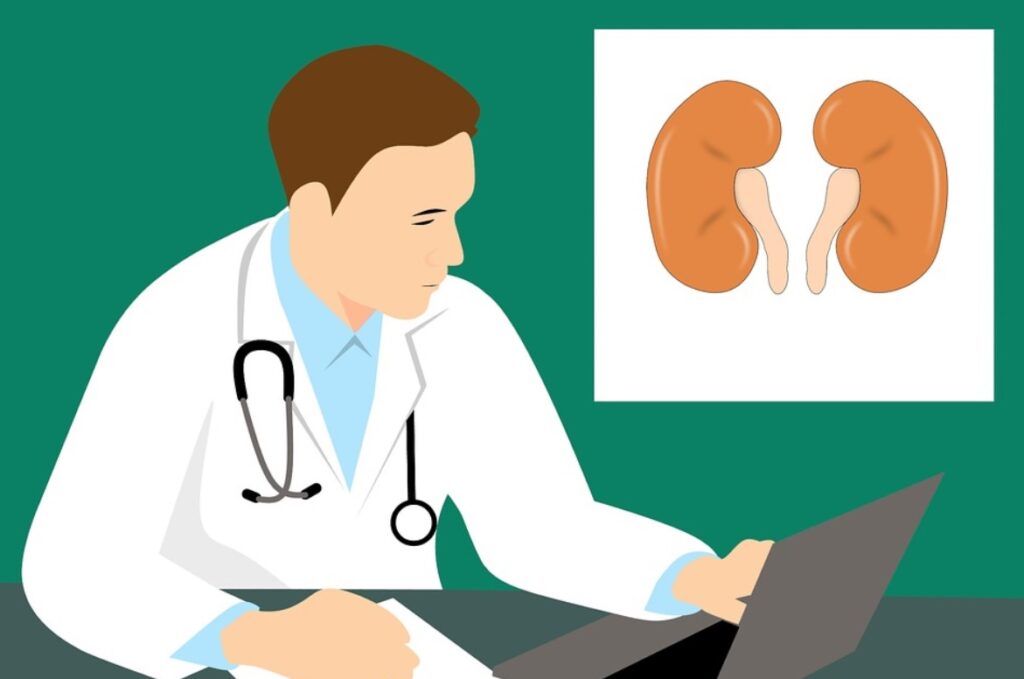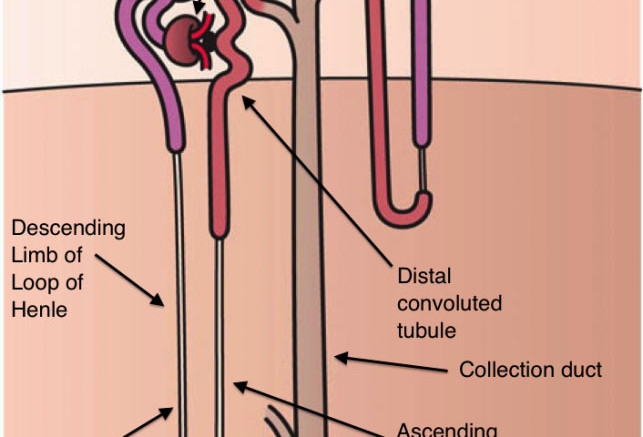Chronic Kidney Disease (CKD) is a serious and potentially life-threatening condition. It is a progressive disease that affects the kidneys, with symptoms ranging from mild to severe.
The kidneys regulate the body’s fluid and electrolyte balance, filter waste products, and control blood pressure.
Living with chronic kidney disease can be a challenging experience. Since the kidneys are responsible for filtering waste from the blood and excreting it in the urine, the body can become overloaded with toxins if it is not functioning correctly. This can lead to a wide range of symptoms, including fatigue, nausea, vomiting, abdominal pain, swelling of the feet and ankles, and changes in urination.
As the condition progresses, more serious complications can occur, including anemia, high blood pressure, fluid overload, and even kidney failure. CKD affects millions of people in the United States alone, and it is estimated that about 10% of adults in the United States have CKD. It is prevalent among older adults, and the risk of developing CKD increases with age.
Living with Chronic Kidney Disease (CKD) can be a challenge. It can be difficult to manage and affect your quality of life. But there are treatments for CKD and ways to live with CKD, starting with understanding the disease and making small changes in your lifestyle.
1. Make Healthy Diet Choices
Eating a healthy diet is essential for everyone, especially those with CKD. Eating a balanced diet low in sodium, fat, and cholesterol and high in fiber, fruits, and vegetables can help keep your kidneys functioning properly. Avoid processed foods and foods high in sugar and salt.
2. Exercise Regularly
Exercise is an integral part of staying healthy and managing CKD. Regular physical activity can help keep your weight in check and reduce your risk of other chronic diseases. It can also help improve your circulation and reduce fatigue.
3. Manage Stress
Stress can worsen CKD symptoms and increase your risk of other chronic diseases. Take time to relax and practice stress-reduction techniques such as yoga, meditation, and deep breathing.

4. Get Regular Check-ups
Regular check-ups with your doctor can help you monitor your kidney health. Your doctor can also help you manage the symptoms of CKD and ensure you get the treatment you need.
5. Monitor Your Symptoms
It is essential to pay attention to your symptoms and report any changes to your doctor. Keeping track of your symptoms can help your doctor monitor your condition and adjust your treatment plan if necessary.
6. Be Aware of Medications
Some medications can harm your kidneys and make CKD worse. Make sure to talk to your doctor about any medications you’re taking and ask them if they could affect your kidney health.
7. Take Time for Yourself
Living with CKD can be very stressful. Take time out of your day to relax, practice mindfulness, and do activities you enjoy. This can help reduce stress and improve your overall well-being.
Conclusion
Living with CKD can be hard, but living a long and healthy life with the condition is possible. The key is to be proactive in managing the disease and making healthy lifestyle changes. With the proper treatment and lifestyle changes, patients with CKD can lead full and active lives. It is estimated that over 30 million Americans suffer from CKD, and the numbers are expected to continue rising. It is important to be aware of the risks and to get regular check-ups to monitor kidney function. Early detection and treatment of CKD can help slow the progression and reduce the risk of serious complications. With the right treatment and lifestyle changes, patients with CKD can live long and healthy lives.
